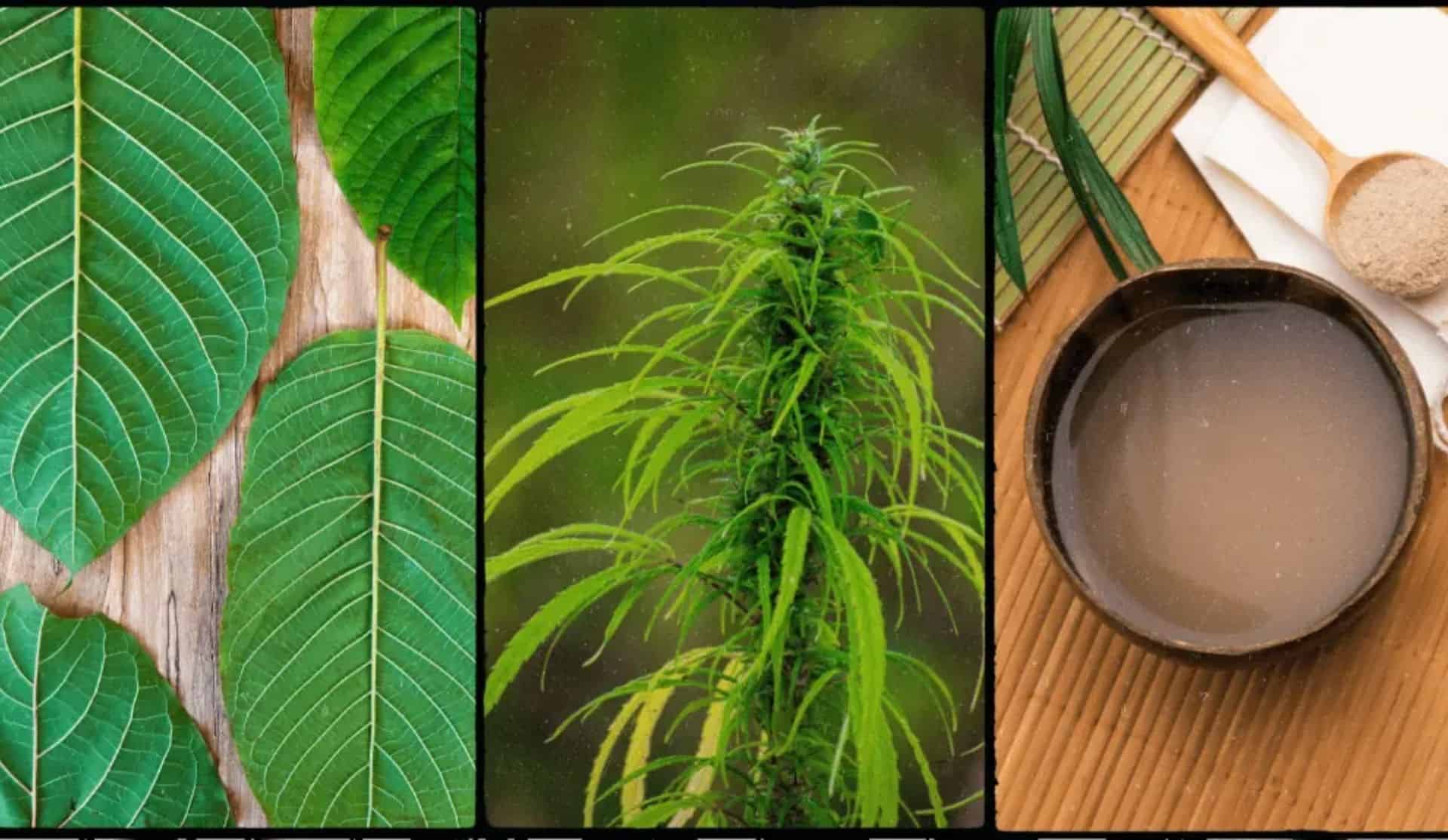
By Mia Leach March 17, 2025
What exactly are kratom, CBD, and kava; what are the adverse effects of each; and what can be the benefits? Despite their surface similarities, these herbal remedies vary quite a bit in their origins, effects, legal status, and safety profiles.
Whether you are trying to relax, handle anxiety, or in order to ease chronic pain, knowing the differences between Kratom CBD and Kava will help you pick which choice is best for your needs.
Kratom
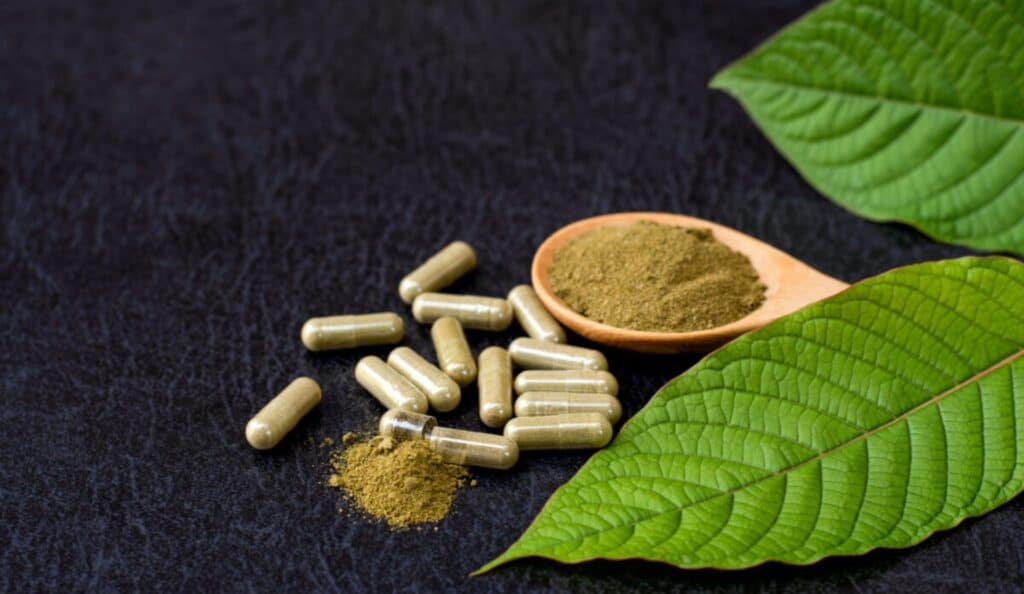
What is Kratom? And Its Benefits?
Kratom is derived from a tree known as Mitragyna Speciosa. It has been used for a long time by people to relieve pain, and sleepiness, to cope with relaxation, and to deal with opioid addiction. Mitragynine and 7-hydroxy mitragynine are the most important active compounds of kratom. They act on the brain to reduce pain and stimulate feelings of pleasure. Some of these benefits include pain relief, reducing anxiety, and combating depression.
Kratom helps with pain and swelling. It also calms the users, and at times can help them feel happy. In small doses, it gives users energy and helps them be more talkative.
Others say kratom can be helpful for panic attacks, cramps, arthritis, and constipation. It’s most often sold as a powder, in capsules, or combined with other ingredients, like caffeine or energy drinks.
CBD
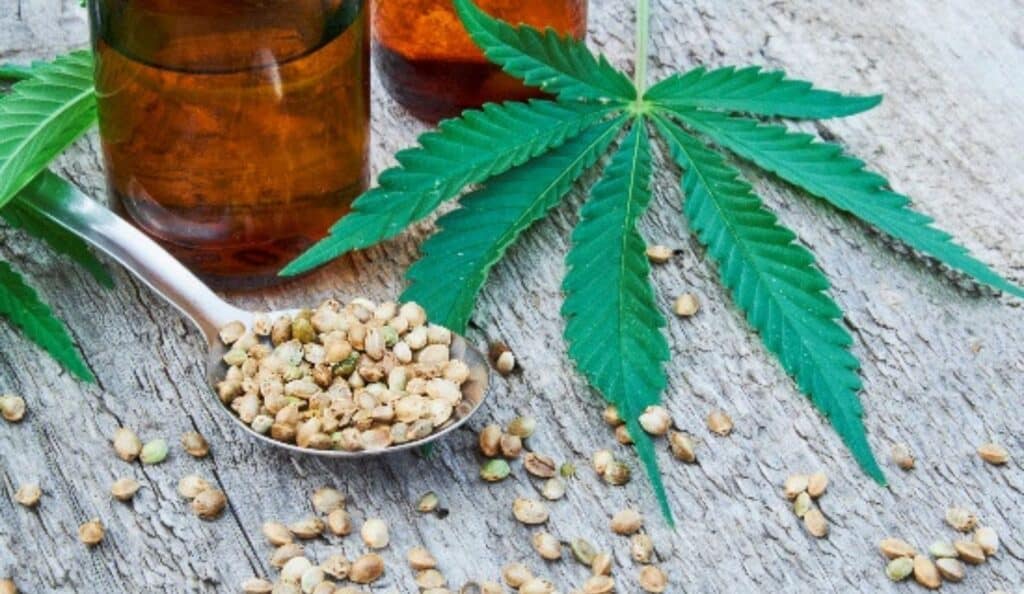
What Is CBD? Its Benefits?
CBD, or cannabidiol, is a natural compound present in the cannabis sativa plant and also hemp. It is processed into various products including oils, pills, creams, and food with CBD. CBD is one of hundreds of chemicals in cannabis plants and is derived from flowering hemp or cannabis. In Asia; its three major types can be found. CBD can help various health issues, such as drug withdrawal, chronic pain, headaches, anxiety depression, swelling, seizures, and acne. Unlike THC which is a different chemical in cannabis, CBD does not produce the sensation of being “high.”
Kava
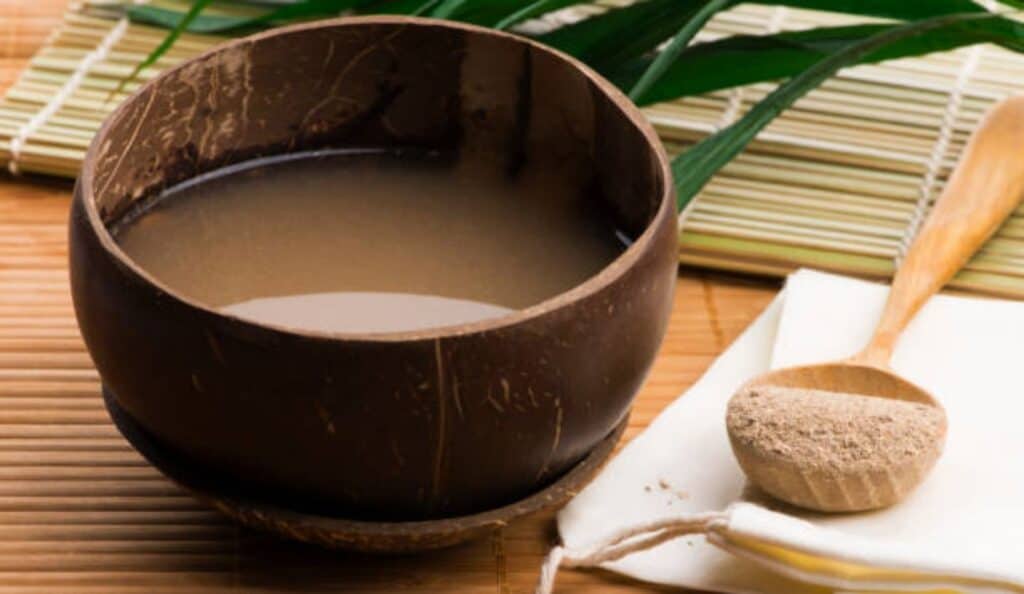
What is Kava? Its Benefits?
Kava is a beverage originating in the South Pacific Islands made by grinding the roots of the kava plant, a relative of the pepper plant. It has intoxicating substances known as kavalactones like Methysticin, Kavain, and Yangonin that assist individuals in relaxing, relieving stress, and improving focus. Kava can be helpful for: relaxation, pain relief, happiness, or more sleep.
Kava is safe to take in small amounts but it should be avoided taking in high doses. Some sellers offer low-quality products that could be harmful, so it’s important to buy from reputable sellers.
Kava is commonly taken for stress, anxiety, depression, and sleep problems. Kava does not get you drunk and has few side effects, such as not impairing driving. You drink Kava tea by soaking the ground root in water, or take it in capsules, or liquid extracts.
Kava is an all-natural, non-alcoholic beverage enjoyed for over 3000 years in social and spiritual settings. Its key components support relaxation and stress relief. Although you can take Kava tea, capsules, or extracts, it is better to take it with caution and steer clear of cheap products of bad sellers.
Difference between Kratom, CBD, and Kava
Kratom vs CBD
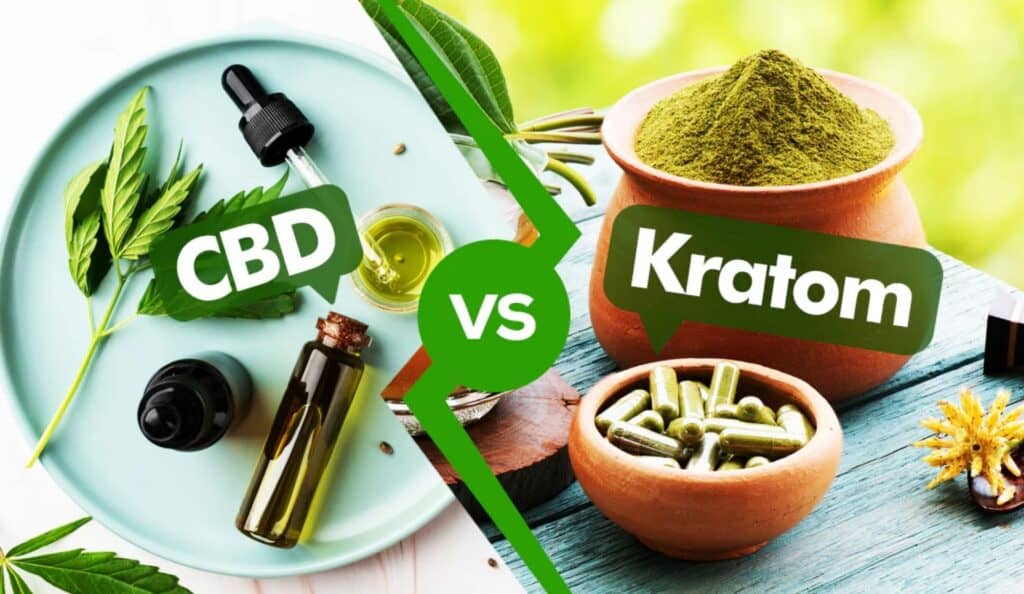
CBD and kratom are commonly compared with one another for their benefits relating to pain, anxiety, and sleep. But they are similar in different ways. CBD acts on the body’s endocannabinoid system and kratom has an effect on brain opioid receptors. CBD, hardly addictive, has significantly more evidence of its benefits than kratom.
The 2018 Farm Bill paved the way for more generally the popularity of CBD, which has caused research to be conducted throughout the US. In small doses, kratom is more for focus and energy, and in larger doses is more for pain relief. CBD has no adverse effects while kratom can become addictive over time.
Both CBD and kratom can affect the endocannabinoid system but differ greatly in safety, legality, and origin. CBD is generally better for inflammation, chronic pain, and anxiety, while kratom is effective in smaller doses for energy, and in higher doses for pain. Both are legal in Europe, every state in the US, Canada, Mexico, most of South America, and some European countries.
Cannabis originated from Asia and the Middle East and possesses psychoactive compounds such as THC, CBG, CBC, CBN, THCV, Mitragynine, 7-hydroxy mitragynine, Paynanthein, and Speciogynine.
Kratom Vs Kava
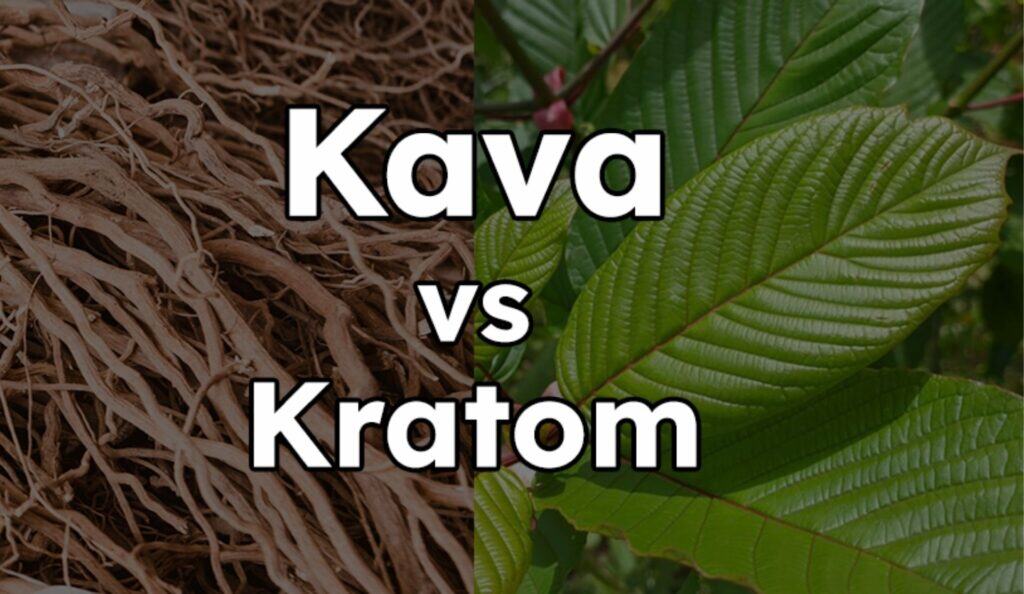
Both are legal in much of the U.S., though some states restrict their use. Kava Bars are establishments such as bars and coffee shops that offer specialty beverages containing features like Kratom and Kava.
Places where people can relax and interact, Kava Bars are fun and safe. Kava Bars have many such drink options and are popular with health-conscious individuals. Kratom may work similarly to Kava, but they’re not the same. Kava is not habit-forming; while Kratom may be stimulating. That makes Kava better for those looking to avoid withdrawal.
Kratom contains compounds that affect the brain similarly to traditional painkillers, creating the potential for dependence. Others who treat themselves with prescription painkillers also turn to Kratom to cease their withdrawal. Mitragynine and 7-hydroxy mitragynine are the primary active ingredients in Kratom, which has been shown to be beneficial for animals struggling with particular types of pain.
Kava effects are not completely understood, however, its main active components, kavalactones, have been shown to play a major role in its effects. The kavalactones have an impact on emotions and behavior, providing a mild sense of happiness without the risk.
However, the government classifies the two herbs differently. As of 2014, Kratom imports were banned over safety concerns, and at least a handful of states, such as Indiana and Tennessee, have implemented bans on well. From a regulatory perspective, Kratom is “legal but risky,” which means you can buy it legally but it might not always be safe to use.
Ultimately, it comes down to personal preference, and it’s best to speak with a doctor before taking any herbal supplements to determine the best route for you.
CBD Vs Kava
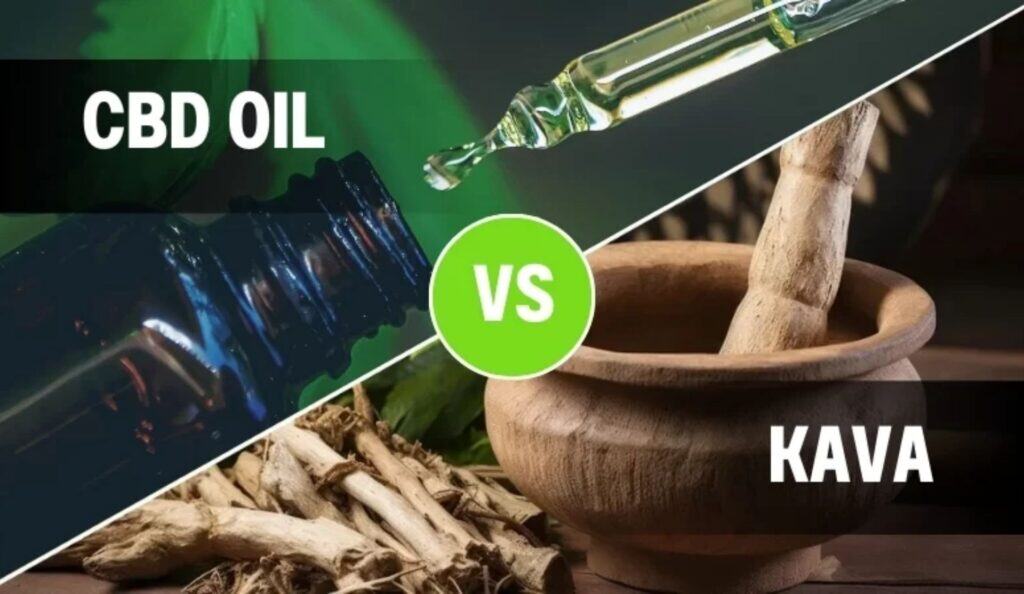
CBD and kava are two separate legal products in the U.S. And it’s not yet fully legal in all parts. Hemp was legalized in the 2018 Farm Bill, which exempted some hemp products from DEA jurisdiction. If extracted from cannabis plants with 0.3% or more of THC, CBD is still controlled by the DEA. The FDA considers CBD a drug and bars its sale as a dietary supplement. The F.D.A. has approved a drug that contains CBD, Epidiolex, for epilepsy. Only 17 states authorize the use of CBD in the USA, and thirty states have legalized marijuana. Kava, on the other hand, is classified as a herbal supplement and thus is not a drug or controlled substance, according to the Drug Enforcement Agency (DEA). Kava has been an important part of Hawaiian culture for centuries.
Legal differences between Kratom, CBD, and Kava
Kratom: Legal in many U.S. states; some have banned or regulated it. Some countries have banned it, too, due to concerns about addiction and side effects.
CBD: Legal in the U.S. if it comes from hemp containing less than 0.3 percent THC but laws differ from state to state and country to country.
Kava: It’s legal in most countries, but a few have restrictions due to worries about liver damage. They are an integral part of traditional Pacific Island ceremonies.
Side Effect Differences
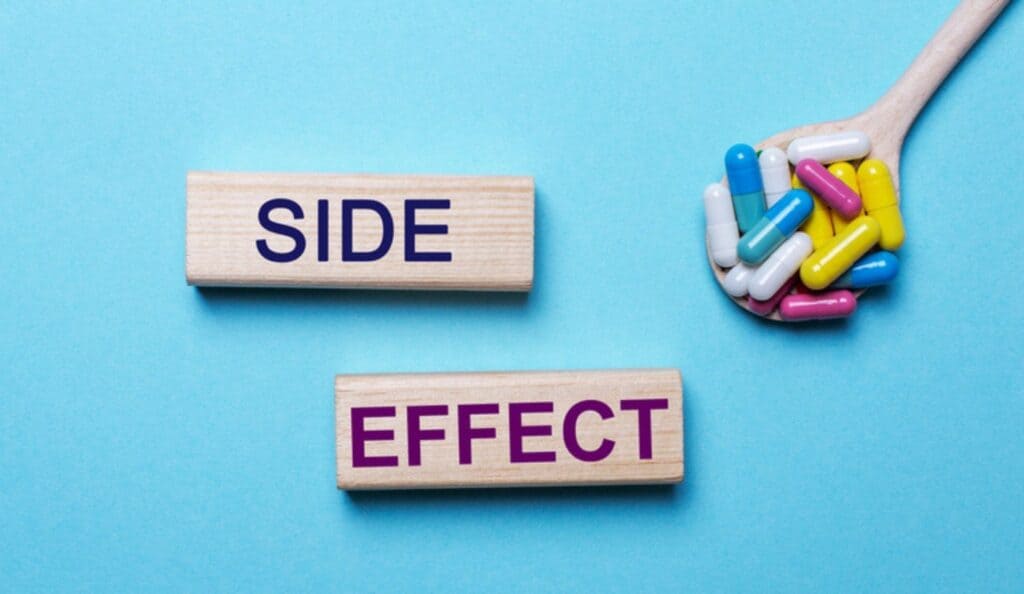
Side Effects of Kratom
Kratom is a very famous drug and it can however cause side effects. Supporters say it’s safe and beneficial, but health experts caution that using it without a doctor’s guidance can be risky. Kratom is banned in several countries, including Australia parts of Europe, and Southeast Asia. In 2022, the F.D.A. cautioned against taking it, and many experts believe self-medication with kratom is dangerous.
Side effects of kratom may include weight loss, dry mouth, chills, nausea, vomiting, dark urine, jaundice, constipation, liver damage, muscle pain, irregular heartbeat, dizziness, drowsiness, hallucination, depression, slowed or stopped breathing, seizures, coma, and death. Such side effects can be compounded when kratom is combined with other medications.
Despite these concerns, some Americans report that kratom has helped them stop taking opioids. Kratom is legal in most of the United States and is sold online and in stores, but it is banned in six states because it can be addicting. The F.D.A. has said that there have not been sufficient quality studies to show that kratom can be used as medicine. The DEA put Kratom on its list of Schedule I drugs for a short time in 2016 but reversed itself two months later. In 2021, the World Health Organization determined that there was insufficient evidence of serious side effects to require further review.
Side Effects of CBD
CBD is endorsed by the World Health Organization (WHO) through its classification as non-psychotropic and non-addictive, therefore, having minimal side effects. The most common side effects are dry mouth, dizziness, drowsiness, nausea, diarrhea, and mood changes. The primary concern with CBD is drug interaction potential with other medications prescribed, with direct recommendations from healthcare professionals to speak with their doctor if considering combining CBD with other medications.
Side Effects of Kava
Kava itself is generally safe, but you should not combine it with alcohol, nor should you use it while driving or operating heavy machinery. You may feel sick, and sleepy, stop using muscles, have a mild temperature, red eyes, and enlarged pupils after taking too much. Chronic use of kava can result in mood changes, skin problems, malnutrition, weight loss, respiratory issues, and severe liver damage. To stay safe, take frequent breaks from kava and space alcohol 24 hours after drinking kava and vice versa.
Conclusion
Kratom, CBD, and Kava are all natural substances you can use to help you relax, feel better, and cope with the daily grind, but they’re not the same thing and may carry risks. Kratom may be used to relieve pain and provide energy, but it can be addictive. CBD is considered a more relaxing compound, beneficial for reducing inflammation but creating a nonpsychoactive effect. Kava is potent and has been consumed socially and ceremonially for centuries.
What’s best for you depends on what you want to do, your health, and the way your body responds. Always consult a doctor before trying any supplement, especially if you take other medicines or have health conditions.
